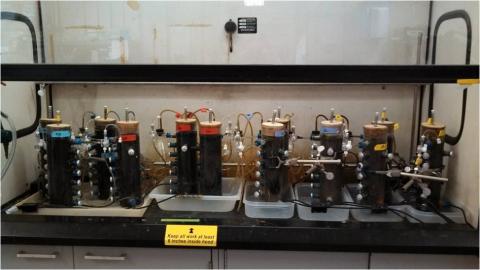
Investigation of Microbial Sulfate Reduction: We investigated the causes of H2S generation during oil recovery processes and identifying novel strategies to prevent this, including running flow through column studies on a bay water/sediment system to investigate the effects of various treatments on the geochemistry and the microbial community in a sulfidogenic system.
Perchlorate Reduction in Marine Environments – Focused on expanding both the phylogenetic and the physiological diversity of DPRB. Arcobacter sp. CAB was isolated from marine sediment and is currently the only DPRB in the Epsilonproteobacteria.

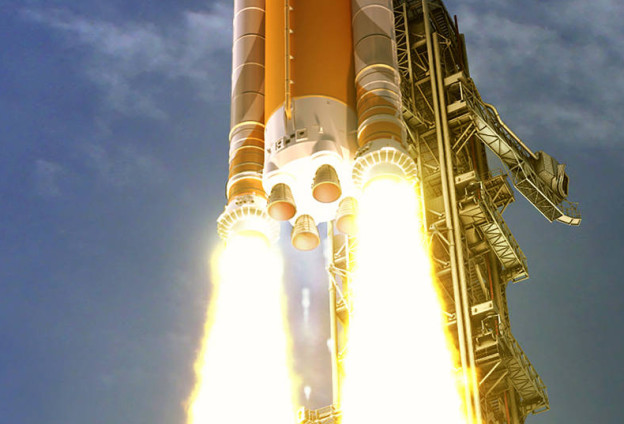
Bioremediation of Rocket Propellants – Over the last two decades a significant part of the Coates Lab research focus has been on the bioremediation and attenuation of a range of toxic legacy compounds from the cold war and ongoing military activities including radioactive metals and rocket propellants.
Applied Anaerobic Nitrate-dependent Fe(II) Oxidation – Microbial processes that produce solid-phase minerals could be judiciously applied to modify rock porosity with subsequent alteration and improvement of floodwater sweep in petroleum reservoirs.
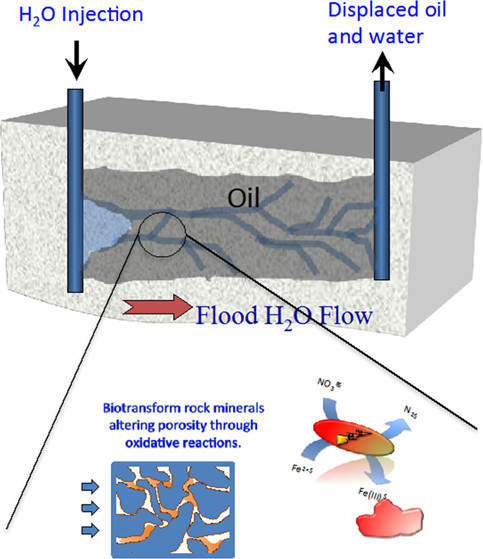
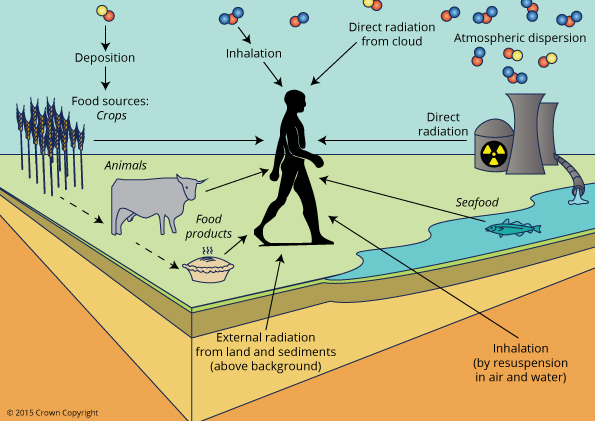
Radionuclides – We have isolated and described several novel bacteria from water and sediment systems contaminated with uranium. We demonstrated the stimulated activity of these organisms can remove toxic metals from solution.By performing comparative genomics, proteomics, and metabolomics, we were able to develop the first mechanistic model for how and why these organisms oxidize metals.
Inhibiting Bio-corrosion – Inhibition of hydrogen sulfide biogenesis in pure culture studies and in complex microbial systems.
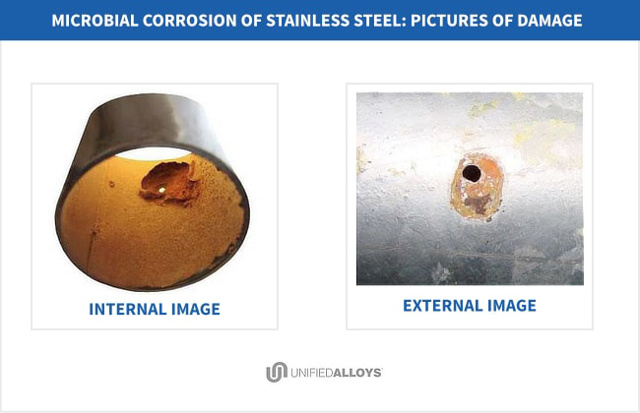

Improving the sustainability of fossil fuel – We isolated and characterized the first organism capable of the biodegradation of various toxic and carcinogenic components of gasoline in the absence of oxygen. We identified the underlying biochemistry of this metabolism and together with an environmental remediation firm in Illinois, United Science Industries, we performed pilot scale field treatments of soils contaminated with petroleum. These pilot studies were based on the in-situ application of the isolated organism Dechloromonas strain RCB.
